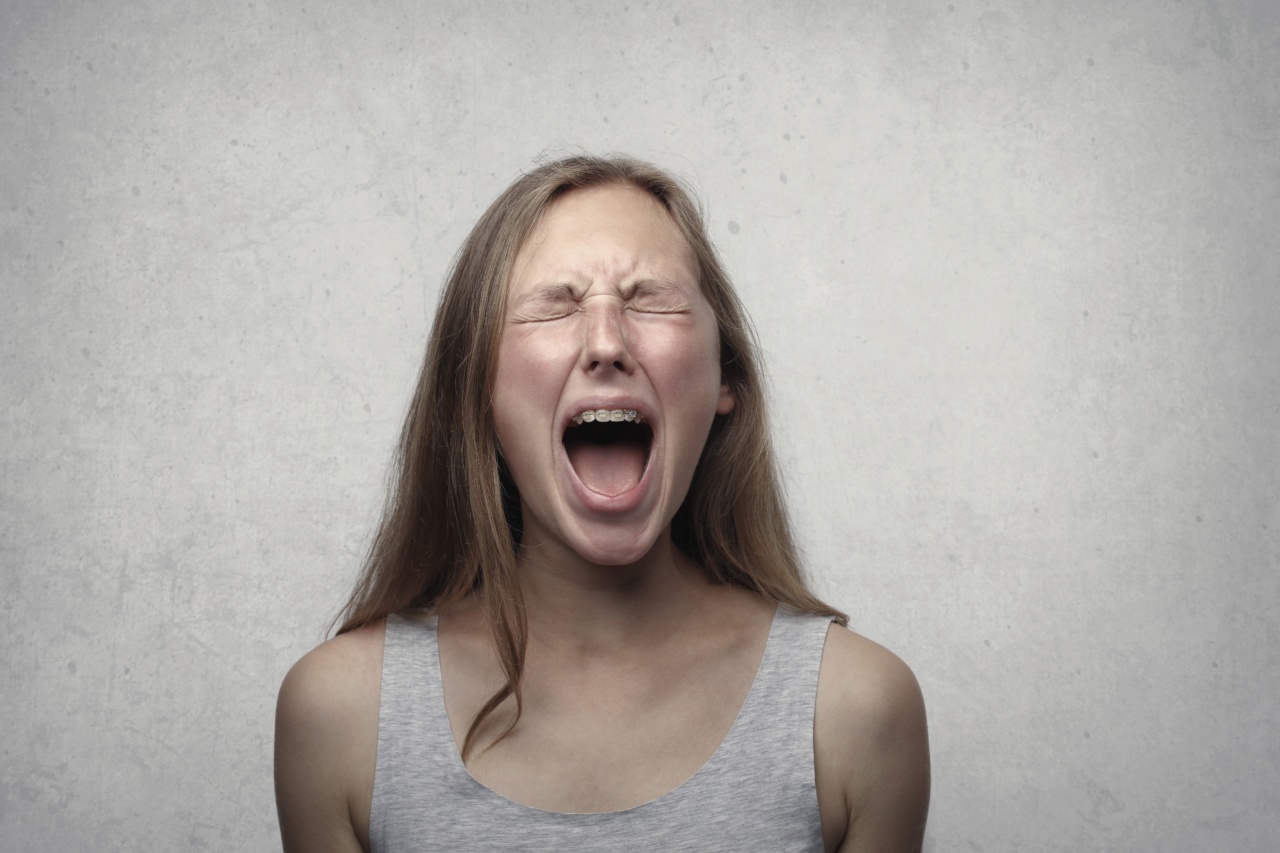The holiday season is often filled with festive gatherings, indulgent meals, and delicious treats. While it’s a time for celebration and enjoyment, it’s also common to experience feelings of bloating and discomfort afterward.
If you’re feeling bloated after Christmas, worry not. In this article, we’ll explore some effective strategies to help alleviate that post-meal heaviness and get you feeling back to normal.
1. Stay Hydrated
One of the simplest and most effective ways to combat bloating is by staying hydrated. Drinking plenty of water can help flush out excess salt and ease digestion.
Aim to drink at least eight glasses of water throughout the day, and make it a habit to sip water between meals.
2. Incorporate Fiber-Rich Foods
Fiber plays a crucial role in keeping the digestive system healthy and regular. Including fiber-rich foods, such as fruits, vegetables, whole grains, and legumes, in your post-Christmas meals can help prevent or reduce bloating.
These foods promote better digestion and can alleviate any discomfort you may be experiencing.
3. Engage in Light Physical Activity
While it may be tempting to curl up on the couch after a big meal, engaging in light physical activity can actually aid digestion and reduce bloating.
Going for a leisurely walk or doing some gentle stretching can help stimulate the muscles in your digestive system, promoting better digestion and reducing bloating.
4. Opt for Herbal Teas
Herbal teas have long been used to promote digestion and relieve bloating. Peppermint tea, ginger tea, and chamomile tea are particularly known for their digestive benefits.
Sip on a warm cup of your preferred herbal tea after a heavy Christmas meal to soothe your stomach and alleviate bloating.
5. Avoid Trigger Foods
Identifying and avoiding trigger foods can go a long way in preventing bloating. Certain foods tend to cause more bloating in some individuals, such as carbonated drinks, fried foods, processed snacks, and foods high in sodium.
Pay attention to how your body reacts to different foods and try to limit or avoid those that cause discomfort.
6. Practice Mindful Eating
Mindful eating involves paying attention to your body’s hunger and fullness cues while eating. By eating slowly, chewing thoroughly, and savoring each bite, you can prevent overeating and reduce the likelihood of feeling bloated.
Additionally, practicing mindful eating allows you to fully enjoy your food and the experience of eating.
7. Consider Probiotics
Probiotics are beneficial bacteria that can improve gut health and aid digestion. They can help restore the natural balance of bacteria in your digestive system, reducing bloating and other digestive issues.
You can find probiotics in fermented foods like yogurt, sauerkraut, and kimchi, or opt for a high-quality probiotic supplement.
8. Use Natural Remedies
Several natural remedies can help alleviate bloating. For example, taking activated charcoal tablets or drinking activated charcoal powder mixed with water can reduce gas and bloating.
Peppermint oil capsules are also known to relax the muscles of the gastrointestinal tract and provide relief from bloating and cramps.
9. Be Mindful of Portion Sizes
Avoiding overeating is key to preventing post-Christmas bloating. Be mindful of portion sizes and try not to go back for seconds. Opt for smaller plates or share dishes with others to control the amount of food you consume.
Listening to your body’s signals of fullness can help you avoid discomfort and bloating.
10. Give Your Body Time to Digest
It’s important to give your body ample time to digest before indulging in another heavy meal or snack. Eating smaller, more frequent meals throughout the day can ease the digestive load and prevent bloating.
Be patient with your body, and allow it time to fully process the holiday feasts.































